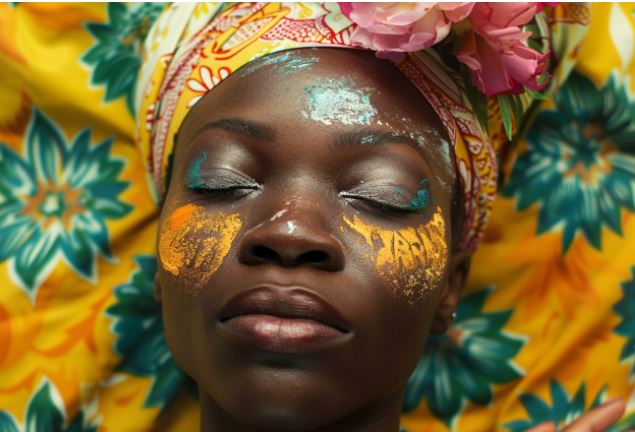This article was published in The Citizen Newspaper – Tanzania on May 6, 2025.
Shimbo Pastory
As Africans, when we live in our Mother continent of Africa the awareness of being African as an identity is not so overwhelming. We are of course aware that we are Africans as an ontological reality of our historical and socio-cultural roots, but we do not engage with that reality of being African as a regular or normative identity of who we are.
But when we leave the continent for other continents, for most the sense of identity as ‘Africans’ tends to grow as it is considered a primary and shared identity, regardless of how much we are familiar with it.
This identity will always have an impact on the person, and in most cases, it pushes people to dig deeper and learn its actual historical unfolding, as it is clearly beyond just the word indicating being or originating from Africa.
Cherishing the African heritage is a generational challenge. This is because generations are changing, and the heritage as a corpus is also changing slowly as in most cases it needs the human agency. Locally the heritage has its manifestation in almost everything.
In almost everything there is usually an element that has been historically preserved. The difference is that always for the cultural handover to be fruitful and sustainable the human agency needs to be aware that they are recipients of something worth treasuring.
The African heritage encompasses among others, our rich cultures with centuries old practices in science, linguistics, wisdom, philosophy, spirituality, skills, artistic manifestations, etc. These are worth celebrating and keeping.
We cannot deny the fact that there has been a lot of brainwashing among people of African origin which has made many to grow up not only to fully own the identity as Africans, but also to feel the need to stand up for the African heritage.
This is certainly not an advocacy for extreme ideologies regarding being African which can easily lead one astray. It is also not a trigger for racial blames, as that is often a result of deeper explorations into what it means to be ‘Africans.’
It is reasonable to react with distaste towards oppression, but we can take a step ahead to preserve carefully and with joint effort what has been left unaffected, and impart it into our young people. The more we make the heritage seen, felt and experienced, the more we are deepened into the reality of who we are.
For example, what happened to the African values which have set grounds for what we regard as our social morals? Do they still stand as ideals to measure ourselves by? If yes, do we still communicate that to our generations?
There are wars today in many African countries, and most of these countries have deep knowledge of conflict resolution in their cultural wisdom, and have riddles, jokes and adages communicating a whole wide range of interesting ideas about peace. If culture does not inform our deeper convictions about human values the discontinuity is a dangerous black hole.
This is to say the African heritage corpus is all encompassing. While we cannot teleport ourselves back in time or look at the past anachronistically by the happenings and circumstances of today, we can still make the most of the richness thereof based on what is obtainable today.
We have a duty as Africans of good will to make our heritage seen and experienced as that is its surest defence and sustenance.
There is of course a lot of work to be done in building deep roots of being African in young people given the different orientation that that they are globally given as citizen of the world uprooted from cultures, except for the global culture popularized by the modern communication and considered as standard and ‘less-embarrassing’ by many young people.
Shimbo Pastory is an advocate for positive social transformation and he is a student at the Loyola School of Theology of the Ateneo de Manila University, the Philippines. Website: www.shimbopastory.com
